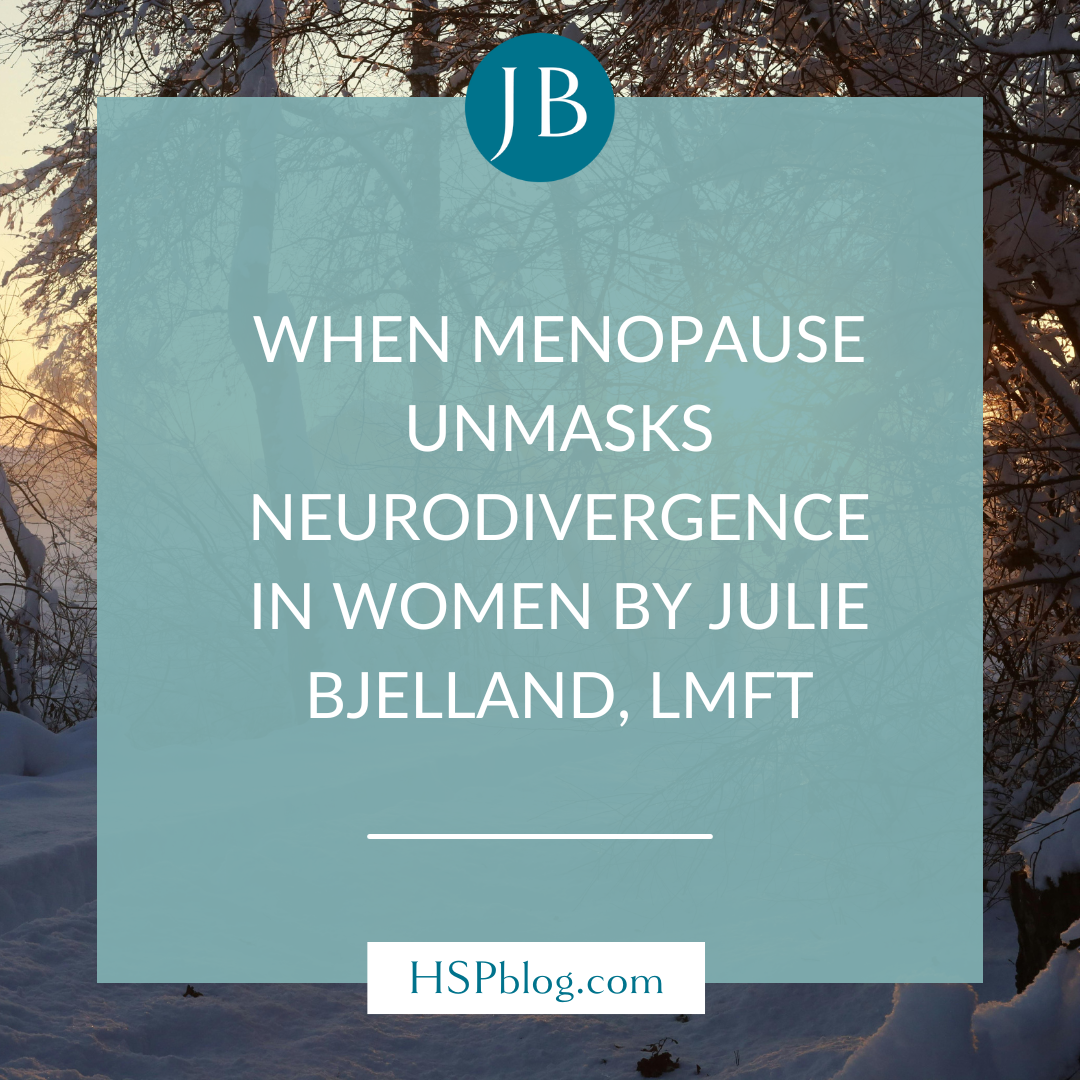Feeling overwhelmed? This one skill changes everything.
Dear friend,
When we see a friend (or even a stranger) in crisis or pain, most of us are pretty good at extending our compassion. But when we're having a hard time in our own lives, too often we neglect to give that same kindness to ourselves.
What are we missing in these moments? Self-compassion.
This often-overlooked skill turns out to have some really surprising benefits. It makes us less anxious, depressed, and self-critical—and more confident, productive, supportive of others, and even physically healthier. And the best part? We all have the capacity to learn how to access this life-changing inner ally.
Want to learn how? Join us in our FREE three-video series.
For over a decade, Dr. Kristin Neff and Dr. Chris Germer have been researching self-compassion: what it is, how it transforms our lives, and how to build it.
In the first video, Watch here Kristin Neff invites us to explore:
Why so many highly compassionate people are reluctant to turn their kindness inward
How self-compassion makes us more motivated and resilient than self-criticism
A guided meditation for when we're feeling anxious or inadequate—especially if conventional mindfulness or breathing practices aren't working … and more
Many of us have found the insights here to be a real game changer for our own emotional well-being—and we hope you will too.
Sign up here to watch the entire free three-video series.
With Much Love,
Julie
Many women discover autism during perimenopause and menopause as hormonal shifts unmask neurodivergent traits. Learn why this happens, what it means, and how understanding your nervous system can bring clarity, validation, and self-acceptance.
Support for sensitive and neurodivergent adults who feel overwhelmed or exhausted. Learn gentle, practical nervous system tools created by a psychotherapist specializing in sensitivity.
Embrace your unique needs as essential self-care, not an inconvenience—because honoring them empowers you to thrive authentically.
Discover gentle, community-sourced ways to recover from burnout as a sensitive or neurodivergent person. From weighted blankets and quiet nature walks to boundaries, self-compassion, and soothing rituals, explore practices that honor your nervous system and help you restore balance.
In this guest post, Aimee Tasker explores how the hypervigilance of queer HSPs might develop and what it looks like to stop scanning and start feeling safer.
What if all the specific things we are extra sensitive about are actually our unique “Superpowers”? What if there was a place where you could go where you would be cherished, celebrated and deeply understood for those “Superpowers"? The Sensitive Empowerment Community is this place.
For many sensitive autistic women, misdiagnosis can deepen loneliness. Here’s how self-discovery can finally bring the belonging and relief we’ve been searching for.
Discover why most autism assessments miss highly sensitive, high-masking women. Learn about lived-experience autism assessments and the Sensitive Autistic Neurotype.
Travel back again to peaceful Sunflower Farm in this special blog post sharing how Niko, Juju, Buttercup and Blueberry celebrate the joy & connection of finding a new sensitive friend.










Explore the hidden inner world of autistic women, including high masking, sensory overload, burnout, and late identification. Learn how internal experiences shape daily life and why so many women are missed.